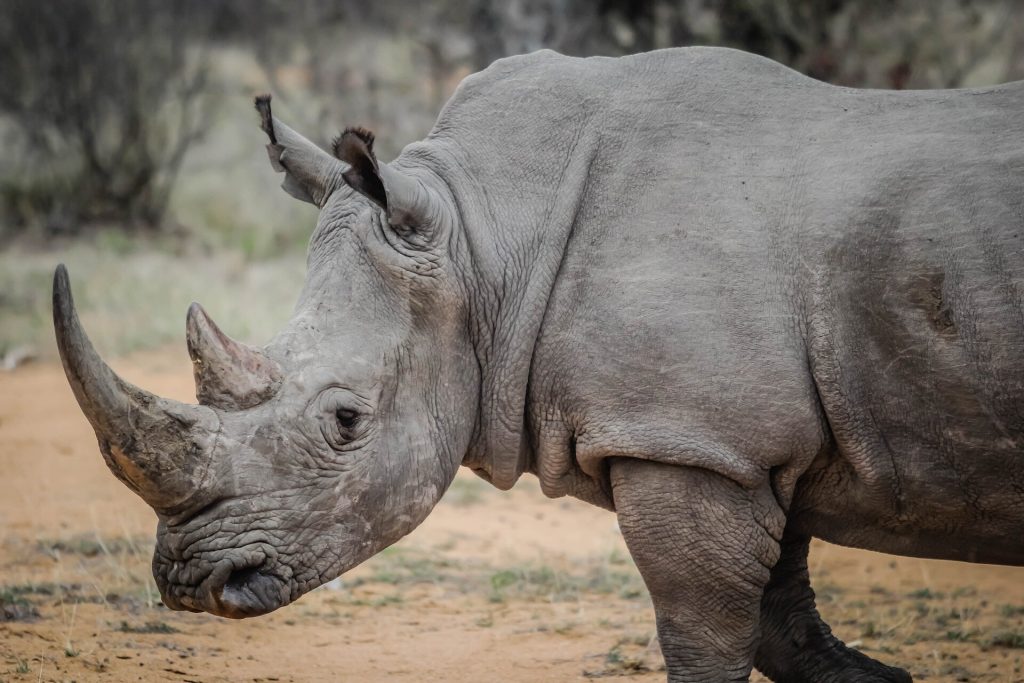
Insects from the bodies of illegally hunted rhinoceroses may provide valuable forensic information (Image Credit: Phys.org)

New research in Medical and Veterinary Entomology reveals that when rhinoceroses are found dead after being illegally killed by poachers, analyzing insects on the decomposing body aids in estimating the time since death. This information has been used by investigators and officials to construct cases against suspected perpetrators.
The study included 19 rhinoceroses that were illegally killed and dehorned in the Republic of South Africa between 2014 and 2021. Scientists collected 74 samples of insect evidence from these rhinoceros remains, from which an accurate estimate of their time of death was calculated. The specimens included 18 species from 12 families belonging to three insect orders.
“This has implications across both the science of forensic entomology and forensic wildlife, and especially highlights the opportunities for improving the global understanding of the procedures related to criminal wildlife cases,” said co–corresponding author Ian R. Dadour, Ph.D., of Source Certain and Murdoch University, in Australia. “Over the last 30 years, the results of this new activity combined with ranger teams and satellite tracking have led to a rebound in rhinoceros populations.”
More information:
Post-mortem Interval determinations using insects collected from illegally hunted and dehorned rhinoceros in the Republic of South Africa from 2014 to 2021, Medical and Veterinary Entomology (2024). DOI: 10.1111/mve.12760. onlinelibrary.wiley.com/doi/10.1111/mve.12760
Provided by
Wiley
Insects from the bodies of illegally hunted rhinoceroses may provide valuable forensic information (2024, October 9)
retrieved 9 October 2024
from https://phys.org/news/2024-10-insects-bodies-illegally-rhinoceroses-valuable.html
part may be reproduced without the written permission. The content is provided for information purposes only.





